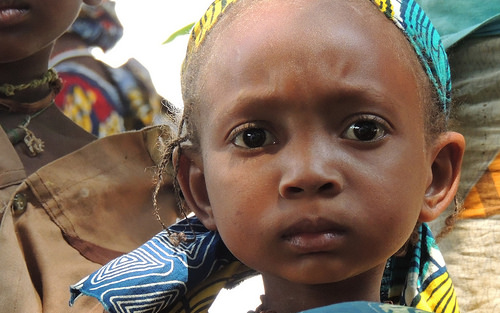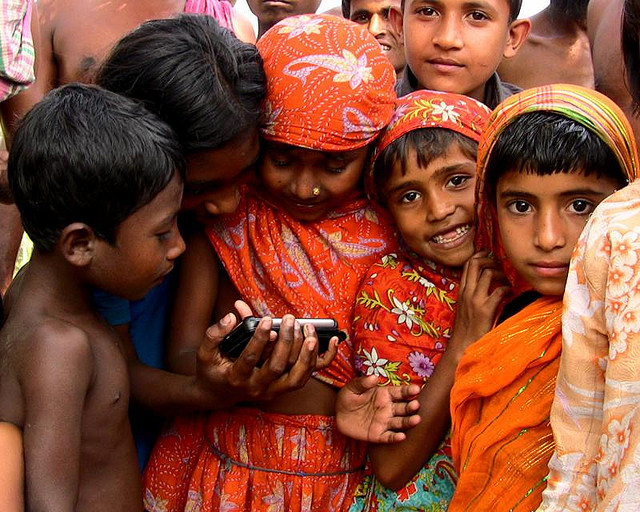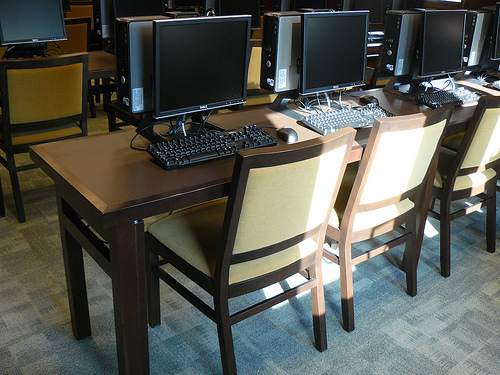Exhaustion and Hunger Afflict Central African Refugees Arriving in Cameroon
 The conflict in the Central African Republic (C.A.R.) has displaced nearly 1 million of the country’s 4.6 million people. Of these, 300 thousand have fled the country while 650 thousand have been displaced within the country’s borders. Fleeing from violence and destruction, C.A.R. refugees have flooded neighboring Cameroon with more than 44,000 men, women and children having crossed the border over the past year. During their treacherous journey out of the C.A.R., refugees have been plagued with infections, malnutrition, exhaustion and death.
The conflict in the Central African Republic (C.A.R.) has displaced nearly 1 million of the country’s 4.6 million people. Of these, 300 thousand have fled the country while 650 thousand have been displaced within the country’s borders. Fleeing from violence and destruction, C.A.R. refugees have flooded neighboring Cameroon with more than 44,000 men, women and children having crossed the border over the past year. During their treacherous journey out of the C.A.R., refugees have been plagued with infections, malnutrition, exhaustion and death.
“The situation of the refugees is particularly alarming. Some 80 percent of the latest arrivals suffer ailments such as malaria, diarrhoea and respiratory infections. More than 20 percent of children are severely malnourished…Many have lost relatives to hunger along the way or shortly after reaching Cameroon,” explained Fatoumata Lejeune-Kaba, a spokesperson for UNHCR.
As of March 2014, the number of sick and dying refugees arriving from C.A.R. have increased significantly. Fleeing from conflicting militia forces, refugees spent weeks hiding in the bush with little to no access to basic necessities like food, clean drinking water, or shelter. The resulting numbers of refugees arriving in Cameroon in need of medical attention have overwhelmed aid agencies and medical workers.
Compared to what aid organizations have witnessed in other refugee situations, refugees arriving in Cameroon exhibit more extreme illnesses. When they arrive, many are suffering from extreme exhaustion, dehydration, malnutrition, and diseases such as respiratory infections and malaria. Children, who account for around 50% of all refugees, are especially vulnerable to illness and death.
Mariano Lugli, the Assistant Director of Operations for Doctors without Borders, explained that refugees “have already suffered too much and they are extremely vulnerable…As the situation in CAR deteriorates, more and more people are arriving in Cameroon. It is urgent that all humanitarian actors act with immediate effect. These refugees need security, food, shelter, access to drinking water and emergency medical care.”
Upon arrival, refugees require medical assessment and treatment for the many serious ailments they suffer as a consequence of their strenuous journeys. Doctors without Borders has performed nearly 800 consultations weekly in response to this need. This organization has also provided access to potable water, soap and blankets, as well as establishing mobile clinics, latrines, and showers.
Lejeune-Kaba described the devastating experiences of refugees, stating “many have lost relatives to hunger along the way or shortly after reaching Cameroon… A woman whose husband was shot by the anti-Balaka lost six of her nine children to hunger when they were in the bush for seven weeks without food.”
Following the overthrow of the country’s government by Séléka rebels in early 2013, the Central African Republic has been plagued by violent conflict. As of December 2013, violence escalated further with Christian Anti-Balaka militias targeting Muslim Séléka rebels in retribution for their overturn of the government last year. Violence in the form of mutilation, beating, murder, torture, rape, and pillaging has forced nearly a million people to flee for their lives and safety.
Creative Commons Love: European Commission DG ECHO on Flickr.com
Written by Amanda Lubit









